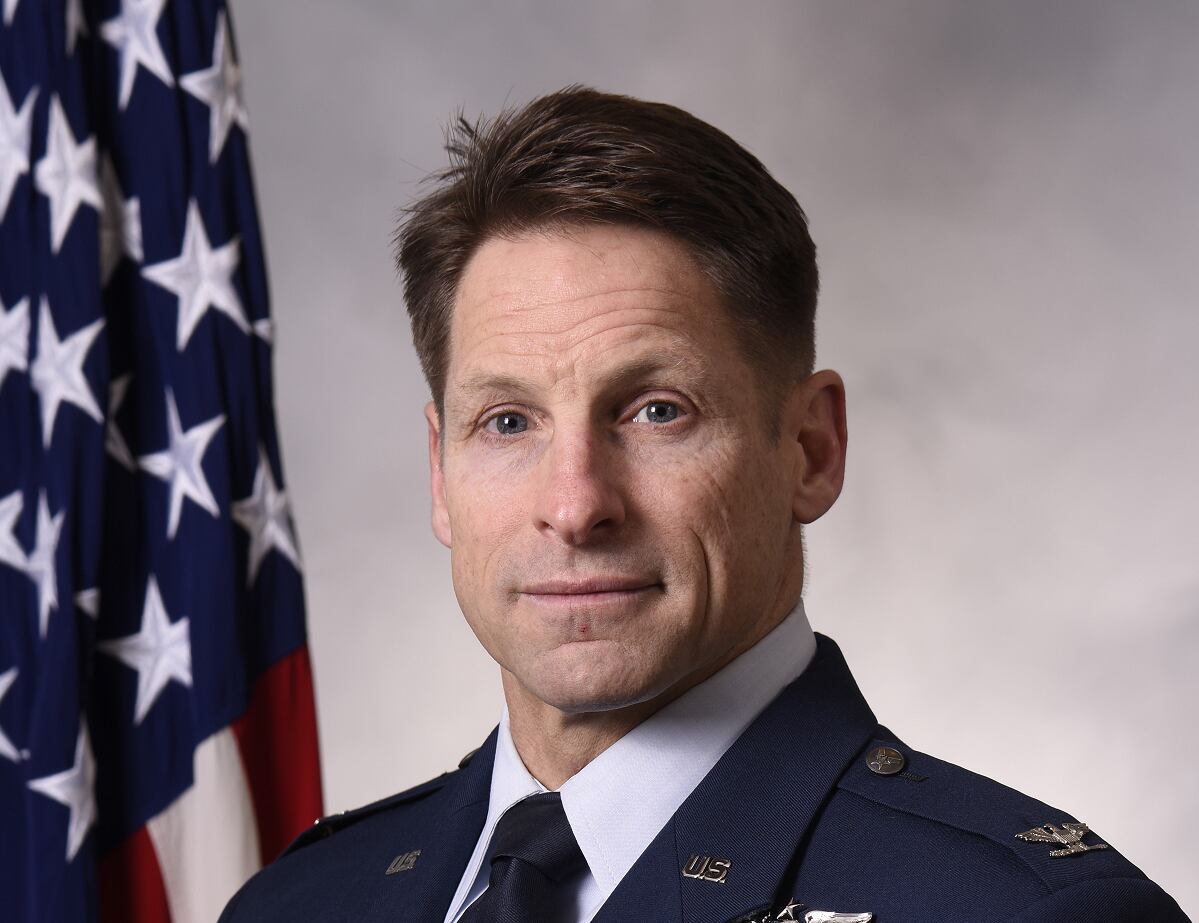Editor’s note: This commentary was written by an Air Force officer using a pseudonym. Military Times typically does not allow this, but we made an exception in this case to protect the author from serious ramifications to his career. The writer is not employed by Military Times, and the views expressed here do not necessarily represent those of Military Times or its editorial staff.
Boy, have there been a lot of firings lately, or is it just me?
I didn’t plan it, but the timing of my previous article couldn’t have been much better. Say what you will, but “A Call for Senior Officer Reform in the Air Force: An Insider’s Perspective,” published last month in War on the Rocks, has generated a good bit of discussion — including among the Air Force’s general officers.
I argue that the Air Force promotion system for lieutenant colonel and above is broken because it relies on “high-potential officer” designations that are made when officers are captains. A “high-potential officer” means more senior officers have decided a junior officer has the potential to achieve general officer rank.
I believe the system is making those calls too early in an officer’s career to be accurate, and it does not provide an off ramp for bad officers short of criminal misconduct.
Look at all of the firings recently. How many were promoted below-the-zone? Nearly all, because high-potential officers are the predominant demographic in wing command. I don’t think an “on-time” wing commander has been fired this decade. If there is one, it is a rare exception.
This is not to say that all high-potential officers are somehow corrupt, because they aren’t. I also never intended to suggest the entire system needs to be scrapped, but I do think it needs changing.
The current system does some things extremely well. It does a good job of identifying intelligent, hardworking and driven officers. It does not identify all of them, but those descriptors do apply to the vast majority of high-potential officers. What the current system does not do is identify good leaders or weed out the bad ones.
One thing most high-potential officers have in common is they worked directly for a general officer. If they do well, these officers get a number one stratification in a large population pool from the general, and their future is set before they take their first guidon.
Regrettably, there is no meaningful mechanism to assess leadership performance once an individual is in command.
But what about command climate surveys? Aren’t they required at least a few times during an officer’s time in command?
Precious few officers take command climate surveys seriously. Additionally, commanders use the same generic evaluation forms as everyone, and 360-degree evaluations do not exist.
High-potential officers know what to say and how to act in front of their superiors, so how is the rater supposed to assess subordinate commander leadership?
Consequently, I suggest the Air Force take the following steps:
- Create a new evaluation form for commanders that includes a section with command climate survey results against both similar units and Air Force averages.
- Implement peer and subordinate evaluation sections that score leadership traits and characteristics on a quantitative scale, to include trustworthiness, approachability, propensity to empower, empathy, decisiveness, fairness, professionalism, and risk-tolerance.
An alternate approach could be virtues-based, as described by Lt. Gen. Steven Kwast, commander of Air Education and Training Command.
Whatever fixes are proposed, we need to bake accountability into the system.
RELATED

Let’s be honest. Some people should never be in charge of another human being. The power that comes with rank and command is inherently corrupting, and we must guard against those who fall prey. We owe it to our airmen to ensure that they are better off with their leadership than without.
We are finding smart officers, but we must do more to find good leaders and sideline the bad.
CORONA is meeting this week, and rumor has it this subject is on the agenda. For those unfamiliar, CORONA is a gathering of four-star and major command generals designed to identify issues and make decisions impacting the force.
I hope the generals take this issue head-on and consider some of the ideas that have been generated by my article and the discussions it started.
This isn’t about avoiding bad press. This is about taking care of our airmen — the sacred charge of all Air Force leaders.





